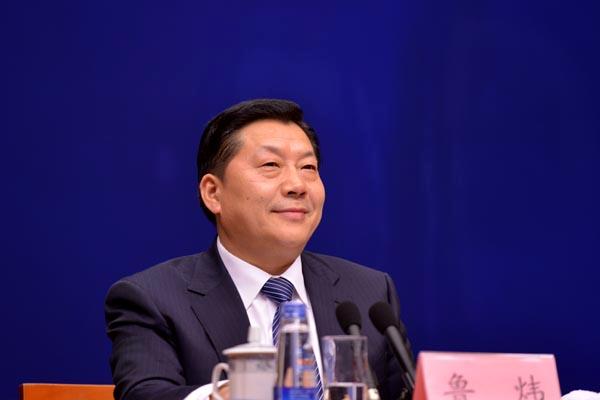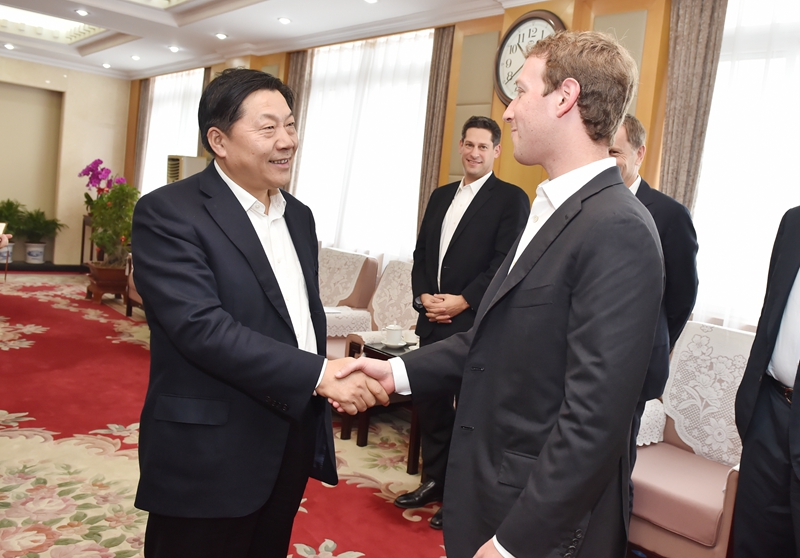A senior Chinese official known as the “gatekeeper” of the country’s internet has denied that the country censors online information.
Lu Wei, chief of the State Internet Information Office, said China does not censor but “manages” internet content in Zhejiang on Wednesday.

Lu was answering a CNN reporter’s question in a press conference ahead of the Second World Internet Conference to be held in Zhejiang’s famous water town Wuzhen next week.
See also: Apple denies ‘censorship hurdles’ with upcoming Chinese version of news app.
“It is a misuse of words if you say ‘content censorship.’ But no censorship does not mean there is no management. The Chinese government learnt how to manage the internet from Western developed countries, we have not learnt enough yet,” Lu said, according to scripts published by Xinhua news agency.

Lu went on to say the Chinese government blocks some foreign websites because it “has the right to choose friends.”
“As for who comes to my home, indeed I have to choose [to make sure] those who come are friends. We don’t welcome those who earn China’s money, take China’s market, and then slander China.”
Lu is known for his outspoken character and his talks about protecting China’s “internet sovereignty.” The 55-year-old was named one of Time Magazine’s 100 most influential people in the world this year for his power to decide what 650 million Chinese netizens are allowed to see. The New York Times called him “the gatekeeper of the Chinese internet.”
Today I met President Xi Jinping of China at the 8th annual US-China Internet Industry Forum in Seattle. The Forum is an…
Posted by Mark Zuckerberg on Wednesday, September 23, 2015
In September, Facebook founder Mark Zuckerberg posted a picture of himself shaking hands with visiting Chinese President Xi Jinping in Seattle. Lu was seen standing next to the pair, wearing a big smile.
Under Xi’s rule, China’s internet freedom has decreased continuously since 2012, according to research by US-funded group Freedom House. In 2015, China came last of 65 nations on the group’s internet freedom ranking.
However, Lu denied that China’s internet has increasingly becoming an intranet: “China’s open door will never be closed, we are open to the world’s internet companies. As long as [companies] do not harm China’s national interests, do no harm the interests of Chinese consumers, we welcome [them] to develop in China.”
